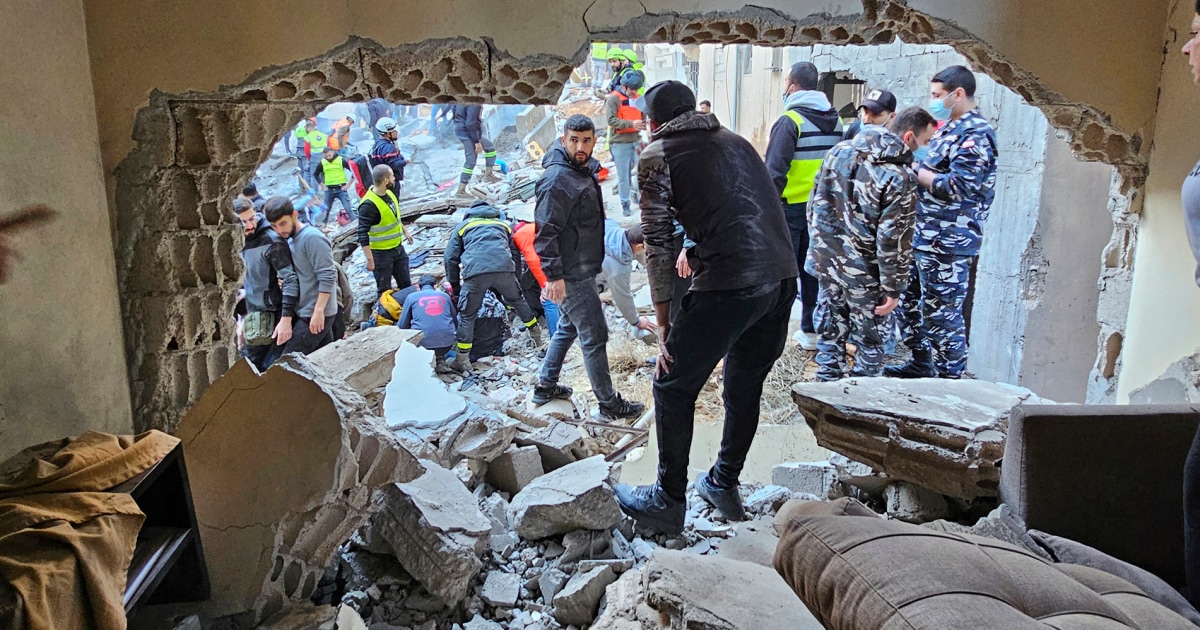
President Joe Biden announced Tuesday that Israel and Lebanon’s Iran-backed militia Hezbollah had agreed to a United States-brokered ceasefire.
In addition to widening the risk of a regional war, the escalated tensions and back-and-forth strikes over the last year have killed thousands of people and displaced more than a million.
Under the deal, which is set to go into effect at 4 a.m. local time, the fighting at the Israel-Lebanese border will end, Biden said in outlining the ceasefire, which he said was designed to be permanent.
Earlier Tuesday, Israeli Prime Minister Benjamin said he had recommended that his Cabinet agree to the deal with Hezbollah, which began trading fire with Israel a day after Hamas’ Oct. 7, 2023, terrorist attack.
Hezbollah says it is supporting the Palestinian resistance; Israel sees it as another attempt by Tehran to attack the Jewish state.
Netanyahu and other Israeli leaders have promised not to stop their attacks on Hezbollah until the 60,000 residents of northern Israel who have been driven from their homes can return safely. Around 90 Israeli soldiers and 50 Israeli civilians have been killed since Oct. 7, 2023.
More than 3,820 people have been killed in Lebanon by Israeli bombing since the fighting started, according to Lebanon’s health ministry, a campaign that has displaced some 1.2 million people and unleashed a humanitarian crisis.
In this multifront war in the Middle East, the Lebanon conflict has become a key focus for Israel in recent months. That’s partly down to Hezbollah’s mighty missile arsenal, bigger than any other non-state group in the world and thought to be capable of overwhelming Israel’s missile defense.